
One of the biggest failures of governments worldwide and in particular the US is the way governments have handled declining home values.
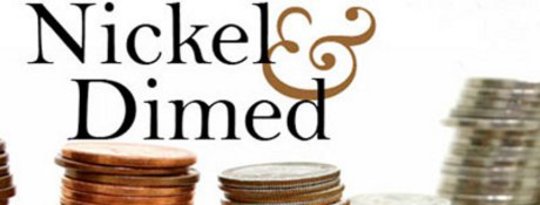
In an attempt to fend off its on-line competitor Amazon, Wal-mart reaches for the final pinnacle of employee abuse. No pay at all.

"Foodopoly" details how a handful of large corporations control the nation’s food production in ways that limit how small farms operate and how ordinary people make choices in grocery stores.
- By R Jennings

While some reforms have helped, Republicans in Congress have done everything they could to either stop or neutralize reform measures. So it's still the Wild West out there.
- By Bill Moyers
o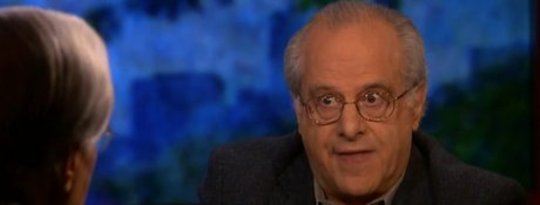
“Capitalism is a system geared up to doing three things on the part of business: get more profits, grow your company and get a larger market share… If along the way they have to sacrifice either the well-being of their workers or the well-being of the planet...”
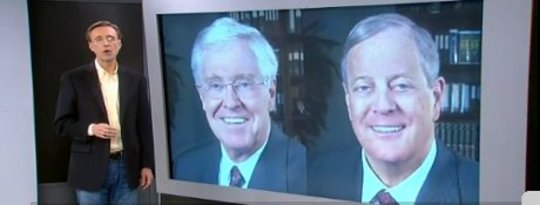
It's time to start calling our oligarchs what they are - oligarchs. And tax cheats. And people who have corrupted our politicians, our media, and our market-based economic system.
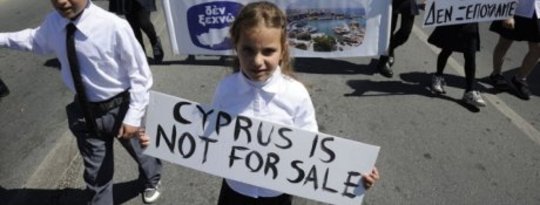
The government of Cyprus has brokered a last-ditch $13 billion bailout deal with European officials to stave off the collapse of its banking sector. Under the deal, all bank deposits above approximately $130,000 will be frozen and used to help pay off the banking sector’s debts.
- By Amy Goodman
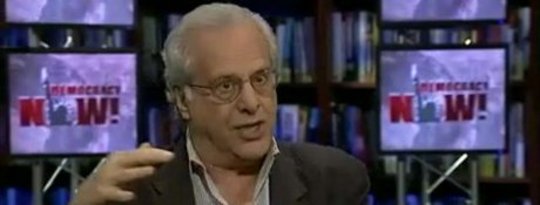
As Washington lawmakers push new austerity measures, economist Richard Wolff calls for a radical restructuring of the U.S. economic and financial systems.
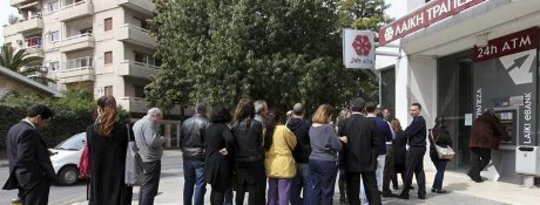
Don't think a "bank run" can happen in the US? It has and it could. That's why we regulate banks, because they won't do it for themselves. Just ask Alan Greenspan. He spent a lifetime figuring that out.
- By Robert Reich
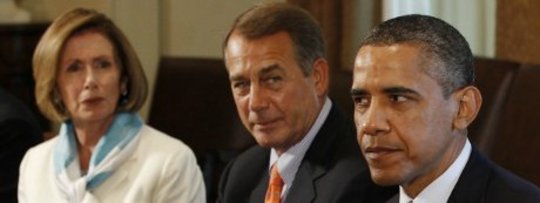
Prominent Democrats — including the President and House Minority Leader Nancy Pelosi — are openly suggesting that Medicare be means-tested and Social Security payments be reduced by applying a lower adjustment for inflation.
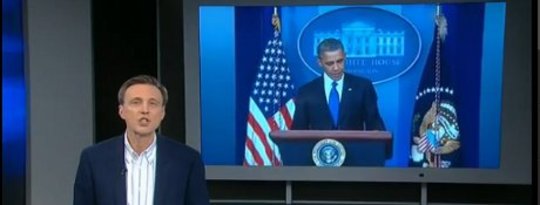
Attorney Mike Papantonio, Ring of Fire Radio, joins Thom Hartmann. Obama says he wants a "grand bargain." But at what cost?

Venezuelans revered Hugo Chavez for the same reason that officials here in the U.S. hated him - and why we should be taking a page out of the Chavez playbook in tonight's Daily Take...
- By Robert Reich
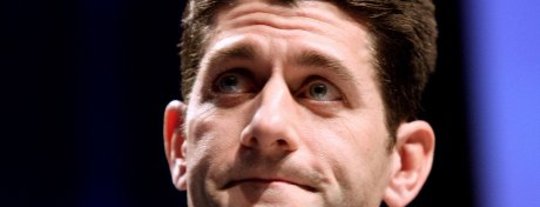
The Republican Party makeover is breathtaking. Now, suddenly, instead of accusing Democrats of being “redistributionists,” the GOP is posing as defender of the middle class against corporate America — and it’s doing so by proposing to do away with the most progressive piece of legislation in well over a decade.
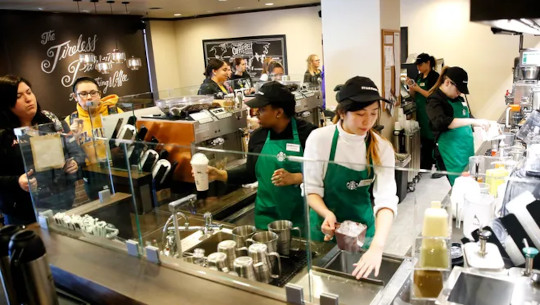
The GOP has long advocated the trickle-down mantra, which suggests that by providing tax breaks and other benefits to the wealthy, prosperity will eventually "trickle down" to the rest of the population.
- By Chris Hedges
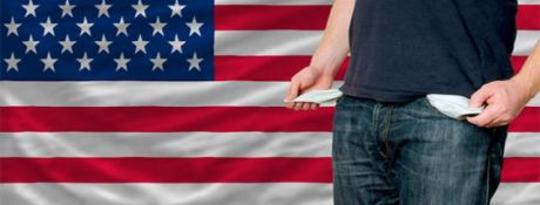
Chris Hedges gave this talk in Brooklyn at the People’s Recovery Summit.
- By Staff
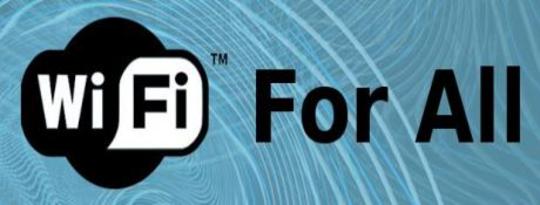
WASHINGTON POST - Tech, telecom giants take sides as FCC proposes large public WiFi networks. The federal government wants to create super WiFi networks across the nation, so powerful and broad in reach that consumers could use them to make calls or surf the Internet without paying a cellphone bill every month.
- By Staff

THE ATLANTIC - In most places, being ranked by a prominent magazine among the wealthiest people in the country constitutes a great honor. Not in China.
- By Staff

DEMOCRACY NOW - The new documentary, "Fire in the Blood," examines how millions have died from AIDS because big pharmaceutical companies and the United States have refused to allow developing nations to import life-saving generic drugs.
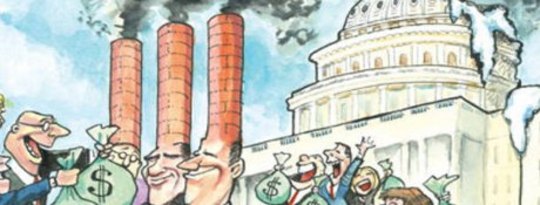
The failure of world leaders to act on the critical issue of global warming is often blamed on economic considerations. Putting aside the absurdity of prioritizing a human-created and adaptable tool like the economy over caring for everything that allows us to survive and be healthy, let’s take a look at the economic reality...
- By Dan Furst
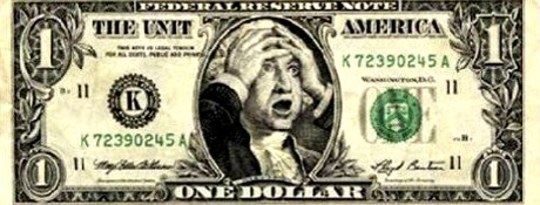
The dire events of 2007-2011, strange as they look from the usual economic perspective of policies and numbers, make perfect sense within the context of history and astrology. The financial calamity of the early 21st century, and the climate of fraud and folly that made it possible, are exactly what we could expect at the end of the Piscean Age.
- By John Robbins

Chocolate isn't the only American staple produced by slaves. On some Ivory Coast farms, child slaves harvest coffee beans as well as the cacao pods that yield cocoa beans. More than 7,000 tons of Ivory Coast coffee arrive in the U.S. each year...

Rachel Maddow offers one the of the best explanations of the mess that has been made by mortgage companies, which includes the largest banks in the US. It has the potential to derail everything in its path.
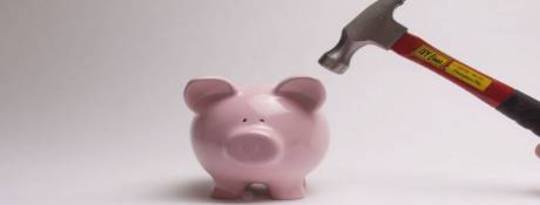
Recent stories are starting to reveal just what a mess the US banking system has created. Bailed out in 2008, major banks are starting to reveal why they had to be bailed out in the first place and why they need to be broken up.













